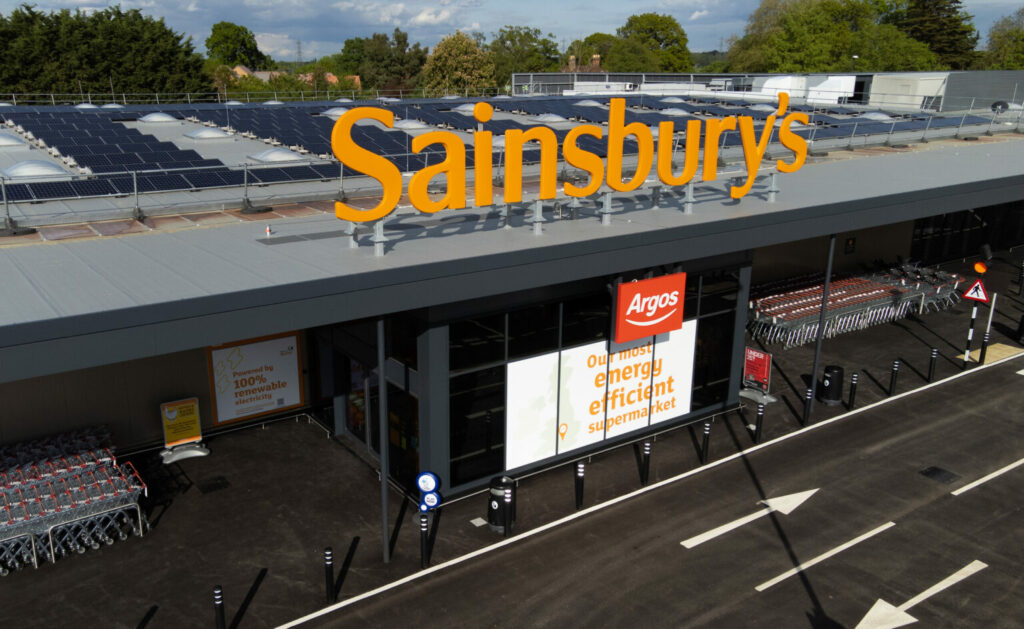// Food inflation hit a record annual rate of 13.3% in December
// Fresh food inflation leapt to 15% for the month from 14.3% in November, while the price of ambient food, such as pasta and tinned food, increased 11%
Food inflation hit record levels in December as many households suffered a “challenging Christmas” due to soaring prices, however, shoppers could pick up a bargain in non-food as retailers resorted to discounting.
However, overall shop price inflation decelerated to 7.3% in December, down from 7.4% the previous month, according to the latest British Retail Consortium-NielsenIQ shop price index.
This was due to non-food retailers discounting to shed excess stock built up during the supply chain disruption experienced earlier last year. Inflation in non-food fell to 4.4% from 4.8% in November.
The typical food grocery jumped to 13.3% last month compared with December 2021, from 12.4% in the previous month. The BRC said this was the highest monthly rate since it began collecting data in 2005.
The data showed fresh food costs contributed most to the rise, through a 15% hike on an annual basis while so-called ambient food – such as pasta and tinned goods – was also up 11% by the same measure.
Subscribe to Retail Gazette for free
Sign up here to get the latest news straight into your inbox each morning
British Retail Consortium chief executive Helen Dickinson said: “It was a challenging Christmas for many households across the UK. Not only did the cold snap force people to spend more on their energy bills, but the prices of many essential foods also rose as reverberations from the war in Ukraine continued to keep high the cost of animal feed, fertiliser and energy.”
“Non-food price rises eased as some retailers used discounting to shed excess stock built up during the disruptions to supply chains, meaning some customers were able to bag bargain gifts. The combined impact was that price increases overall plateaued, with the reduction in non-food inflation offsetting the higher food prices.”
NielsenIQ head of retailer and business insight Mike Watkins said: “Consumer demand is likely to be weak in Q1 due to the impact of energy price increases and for many, Christmas spending bills starting to arrive. So the increase in food inflation is going to put further pressure on household budgets and it’s unlikely that there will be any improvement in the consumer mind-set around personal finances in the near term.
“With shoppers having less money to spend on discretionary retail, having paid for their essential groceries, there will be little to stimulate demand across the non-food channels.”
Click here to sign up to Retail Gazette‘s free daily email newsletter

















